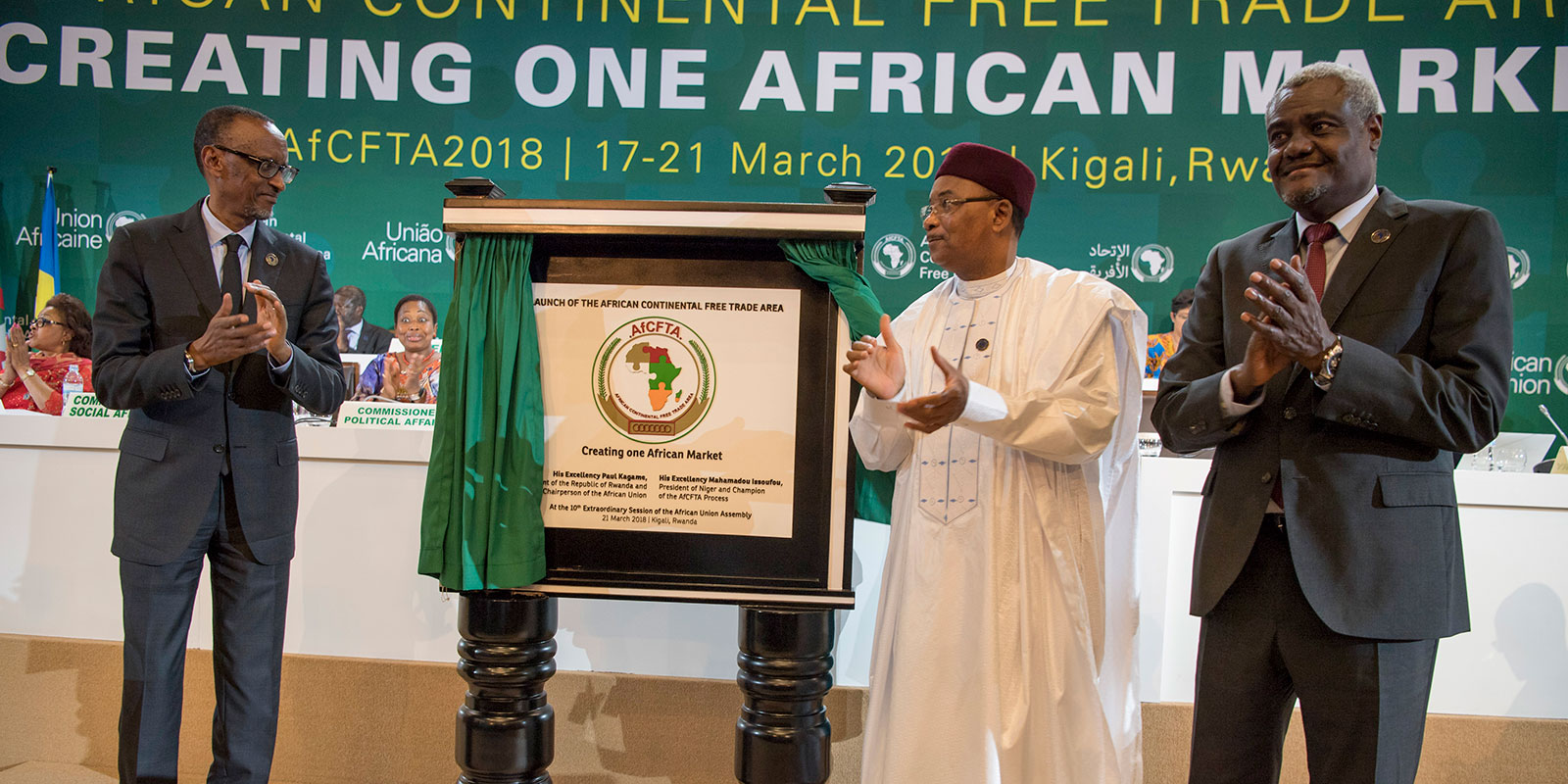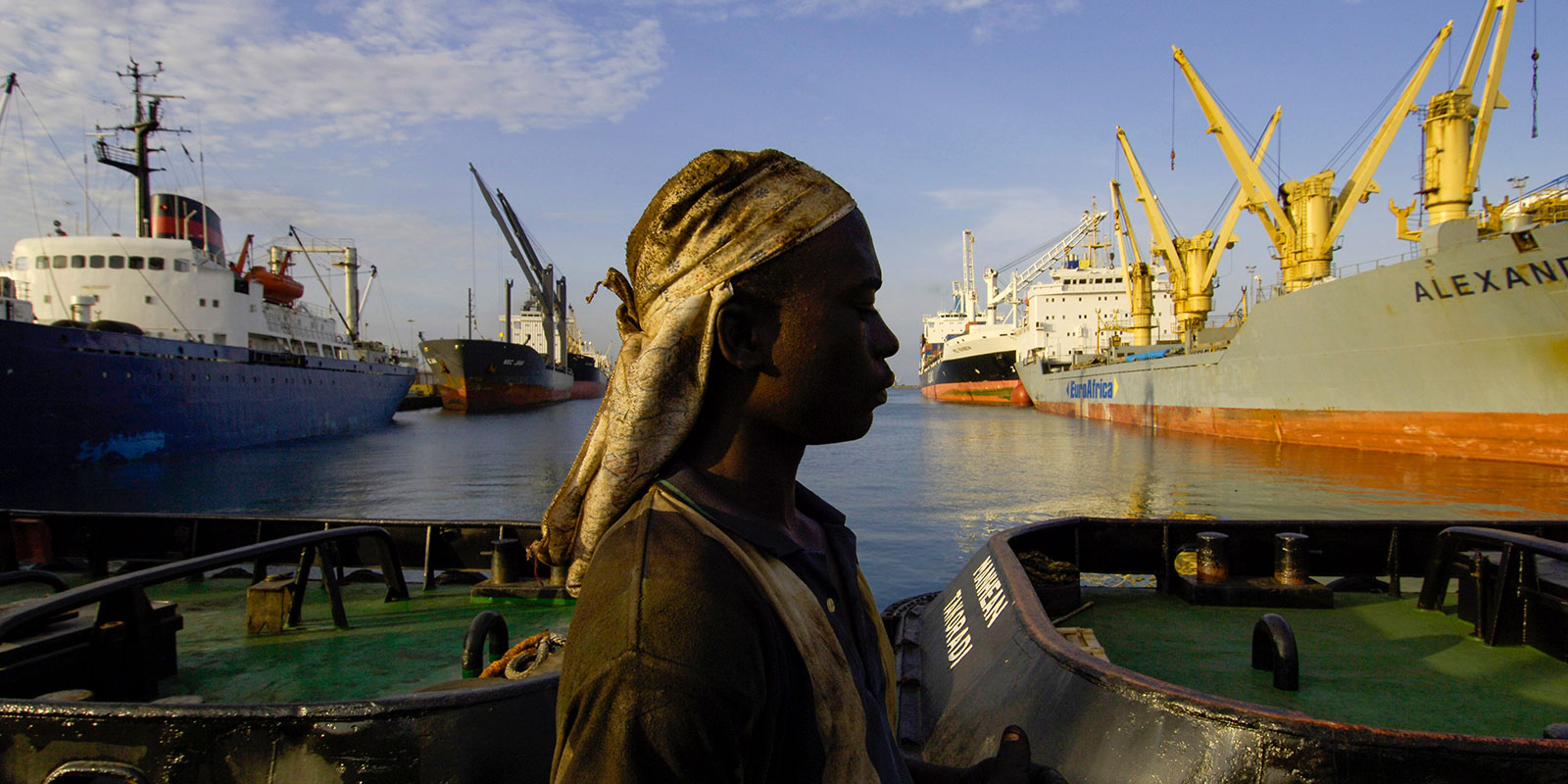ACCORD is launching the 2021 series of the COVID-19 Conflict & Resilience Monitor today. We will continue to follow the impact and effects of COVID-19 on Africa’s peace and security landscape, and to analyse the factors that contribute to Africa’s resilience.
This week’s issue features President Olusegun Obasanjo, Former President of Nigeria, who makes a case for Africa’s self-resilience and finding home-grown solutions for the continent to bounce back in particular from the socio-economic devastations caused by COVID-19.
The issue of societal resilience and reinforcing local coping and community support mechanisms in the face of the socio-economic effects of COVID-19 is emphasised in the piece by Dr Norman Chivasa, which delves into the ingenuity of savings clubs in Zimbabwe.
The Monitor ends with Mwansa Rodgers’ reflections on how the handling of COVID-19 measures has contributed to governance related challenges, as well as political unrest in Zambia, thus contributing to strained relations between government and the general public, as well as negatively impacting on trust in the ability of public institutions to be responsive to the plight visited on the population by COVID-19.







